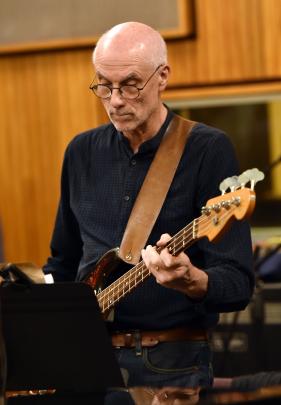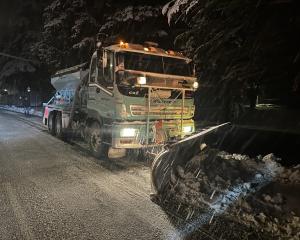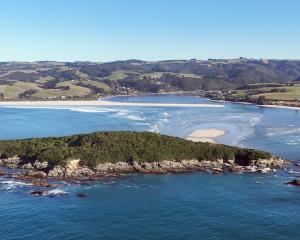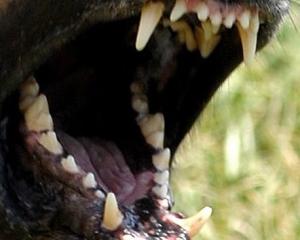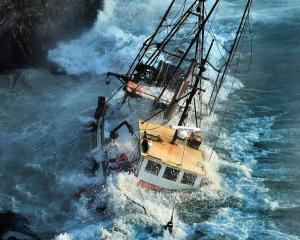Live music is raw energy.
That is what a group of top New Zealand performers hope to capture with their Beatles-like three-day recording session at the University of Otago’s Albany St studio.
Led by former student and Auckland-based composer John Gibson, musicians including Phoenix Foundation drummer Chris O’Connor, The Clean’s David Kilgour and bassist John Dodd, as well as saxophonist Stevie Rice, and violinist and guitarist Craig Monk, are recording an album of 22 of Gibson’s songs from Friday to Sunday.
The album, Blow for Humanity, is being produced by senior music lecturer Dr John Egenes. The Albany St studio was built in 1967 and is almost identical to the Abbey Road studio in London where The Beatles recorded many of their famous hits.
Demolishing the Albany St building is part of the university’s music, theatre and performing arts project, which involves the construction of a new two-storey music recording studio building. The album was in part a goodbye to the studio.
Before their rehearsal on Thursday, the musicians had never played together before, although Gibson had worked with them individually. Gibson, who grew up in Dunedin and has composed for film, television, dance and theatre, said he was a student at the university for only one year, in 1976.
He admitted he had not been a very good student, but said the university "gave me a place to dream, to love and get lost in, and happiness".
"It’s a gift to be able to play in this room," he said.
"You have to be invited."
Dunedin had always inspired him, and was "an amazing place", he said.
In a contemporary world with producers relying heavily on technology, playing together live was all the more special — and it was the "same process that The Beatles used" when recording their Abbey Road album, the last lot of recording sessions in which all four Beatles participated.
The raw energy of performing live could not be matched by technology. Dr Egenes, who teaches studio production, has produced four albums this year alone, and worked out of the Albany St premises. Danny Buchanan was the engineer for the album.
Gibson said the songs were all originals and had been written for the album — he had worked on some of them for three or four years, and others had been in the back of his mind since the 1980s.
The recording will be filmed by film-maker Stephen Downes, and the group hoped a trailer could be made to help attract funding for a documentary, to be released during the university’s 150th celebrations next year.



